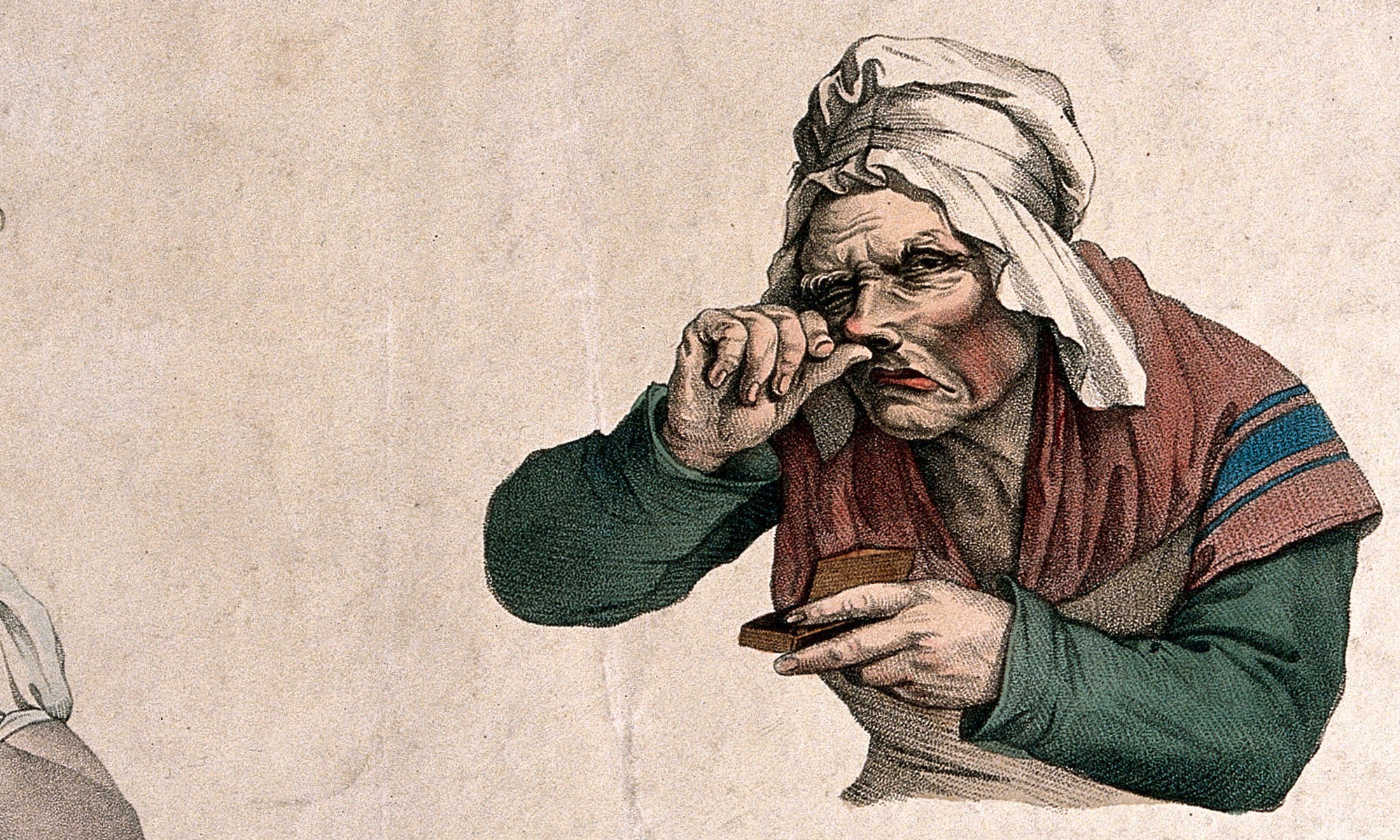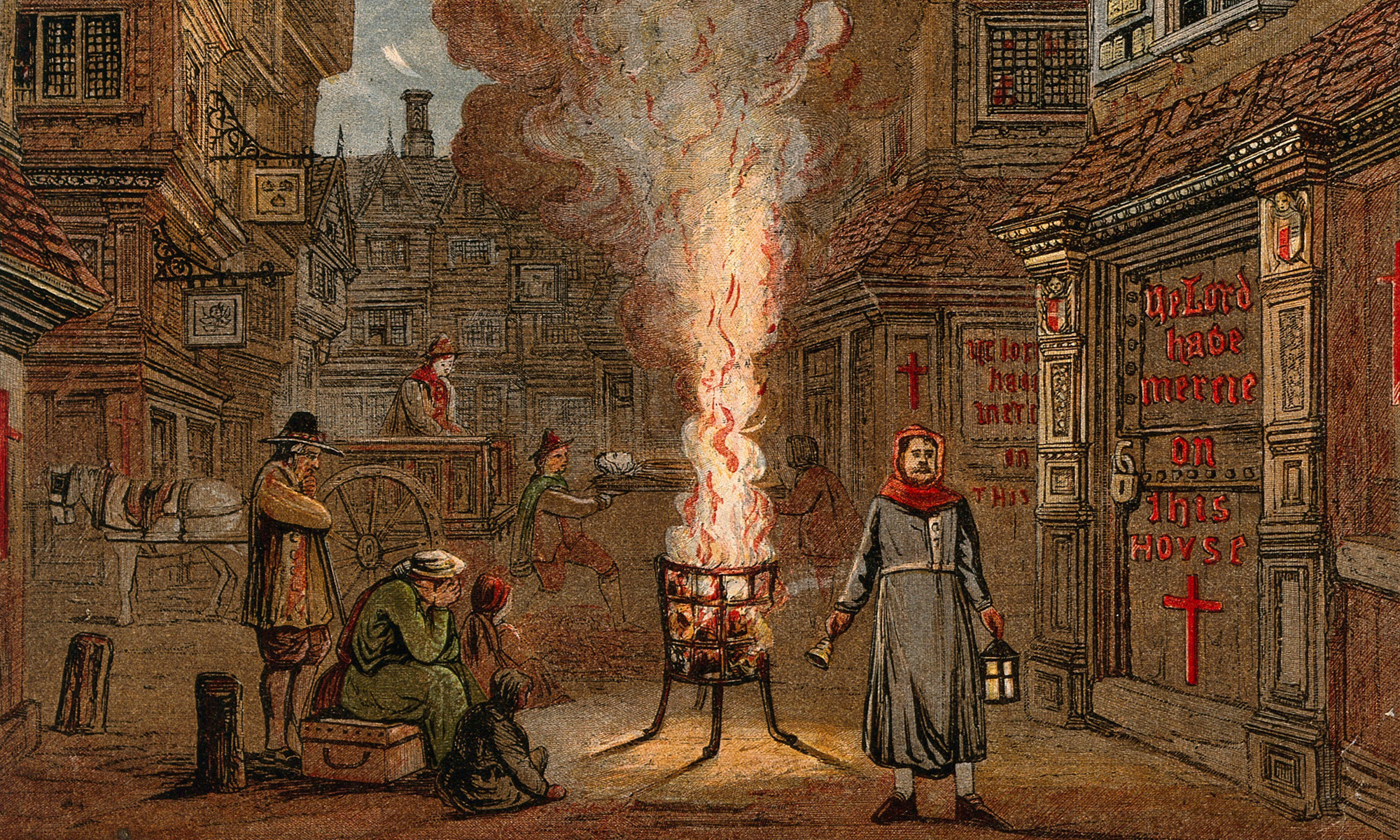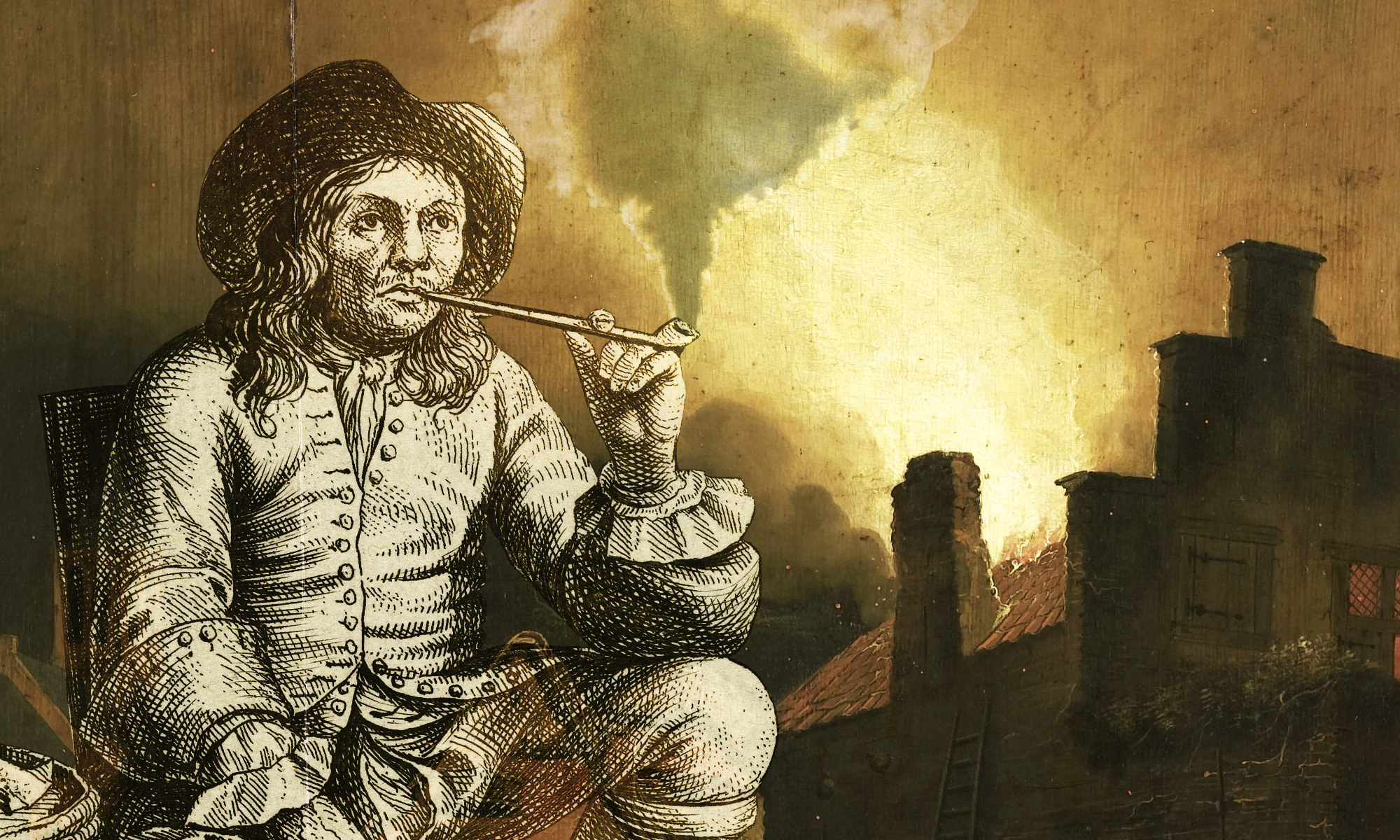One of the most challenging aspects of the lockdown and social distancing measures necessitated by COVID–19 are the restrictions placed on the intoxicating spaces of everyday life. The inability to visit coffee shops, pubs, restaurants, and tea bars is for me and many others one of the most difficult psychological features of the current situation, and the forlorn sight of my favourite Sheffield haunts – many of which have played a small role in the project – standing abandoned like so many urban Mary Celestes is distressing (the UK hospitality sector, like many others, is facing an ‘existential crisis’ as a result of the pandemic). In the context of coronavirus and the new world it’s shaping it seems strange, then, that the growth of coffeehouses in London in the 1660s coincided with the devastating outbreak of bubonic plague that swept the city in 1665. The last and most severe of seven such epidemics that visited the metropolis over the early modern period, and with a fatality rate of around 80%, it ravaged all but four of London’s 130 parishes, killing an estimated 100,000 people in total (roughly a quarter of its population). Like us, early modern Londoners for the most part ate, drank, socialised, and worked outside of their homes; what did the plague and the measures taken to control it mean for their daily experience of the urban environment in general and its intoxicating spaces in particular?
Continue reading “Plague Time: Intoxicating Spaces and Pestilence in Seventeenth-Century London”


